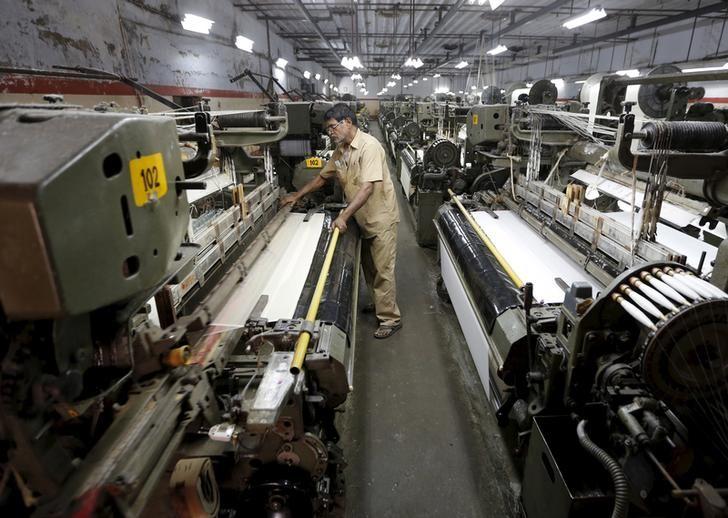
“The EU would like to enhance its trade with Pakistan,” he said while talking to Lahore Chamber of Commerce and Industry (LCCI) President Abdul Basit, Senior Vice President Amjad Ali Jawa, Vice President Muhammad Nasir and executive committee members at the chamber premises.
‘Pakistan values relations with EU’
The EU envoy pointed out that GSP Plus had given better market access for products made in Pakistan to the entire European Union.
“It is very much now in the hands of the business community, both here in Pakistan and the EU, to utilise this facility available for boosting trade between the two sides,” he said.
GSP Plus status is monitored and reviewed after every two years and Pakistan is still eligible for the preferential trade facility.
Cautain suggested that Pakistan should take full advantage of GSP Plus and increase exports of its traditional and non-traditional products to the EU member states.
Speaking on the occasion, the LCCI president emphasised that Pakistan and the EU had strong bonds in the areas of trade and investment. He called the EU a very important trading bloc for Pakistan.
Though the EU Commission had granted GSP Plus status to Pakistan, its potential benefits could not be reaped, Basit remarked.
The EU accounted for 12.8% of Pakistan’s total trade in 2015 and absorbed 23.7% of Pakistan’s exports.
More than 80% of Pakistan’s exports to the EU consist of textile and clothing. Pakistan’s imports from the bloc mainly consist of machinery and transport equipment as well as chemicals.
“Almost 72% of exports to the EU went to five countries - the UK, Germany, Spain, the Netherlands and Italy. We look forward to finding more and more opportunities of market penetration in other countries like Greece, Slovenia and Ireland where Pakistan’s exports average $50 million,” Basit said.
Europe to be largest market for Pakistan’s textiles
“We need to exploit the potential by exporting agro-based processed food in collaboration with European companies through joint ventures and transfer of technology.”
Published in The Express Tribune, April 5th, 2017.
Like Business on Facebook, follow @TribuneBiz on Twitter to stay informed and join in the conversation.

















COMMENTS
Comments are moderated and generally will be posted if they are on-topic and not abusive.
For more information, please see our Comments FAQ